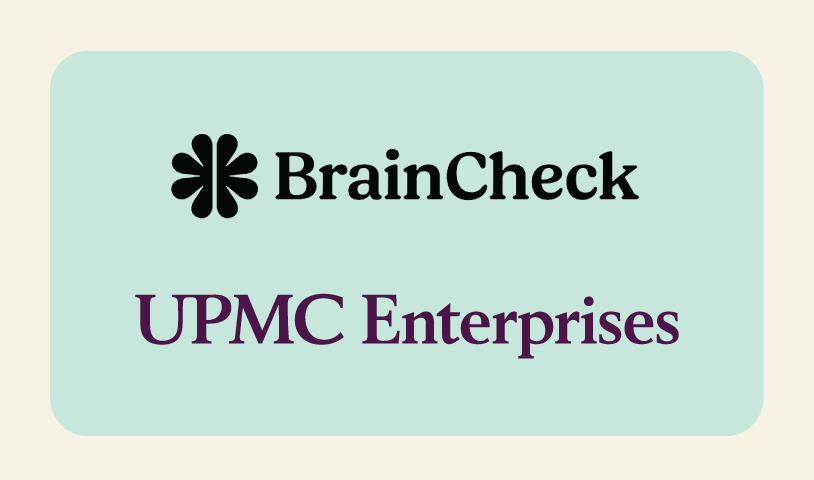UPMC Enterprises Program Manager, Dr. Zariel Johnson, manages Enterprises’ day-to-day activities associated with the Pittsburgh Health Data Alliance (PHDA). We recently sat down with Dr. Johnson to get a better understanding of this organization and understand their unique approach to funding new projects.

To start out, who is able to submit proposals for funding from the Pittsburgh Health Data Alliance?
The PHDA receives proposals that are led by faculty from schools and departments across the University of Pittsburgh and Carnegie Mellon University. Most proposals include teams of investigators who possess the diverse skills required to carry out interdisciplinary projects. We often receive proposals that include faculty from both universities and almost all proposals include a combination of research expertise and clinical perspective, usually from participating UPMC physicians. Many proposals include investigators in areas that are clearly relevant to the PHDA’s focus on digital health, such as Biomedical Informatics, Computational and Systems Biology, Biological Systems, Machine Learning, Statistics, Biomedical Engineering, Economics, Pitt’s Schools of Medicine and Pharmacy, and CMU’s Human Computer Interaction Institute. Some proposals also include investigators from departments that may be less expected but who bring unique methods and perspective to health care innovation.
Is there a certain amount of experience required to submit for funding?
No, we receive proposals from teams with varying levels of experience in health care innovation and commercialization. Some investigators have previously founded companies and many have participated in innovation-focused programming and competitions at Pitt or CMU, while for others the PHDA may be the first time that they are positioning their scientific research for a commercial application. The common thread is that they are all looking to improve health care using big data and we want to support those efforts.
What kind of projects does the Alliance look to fund?
We are looking for projects that leverage data to improve health care and have a potential commercial endpoint. This means they need to address a meaningful problem related to health care, the team’s proposed solution or approach has to be unique and scientifically sound, and there has to be a potential commercial path for their solution. We support projects that are at a relatively early stage in development – often the team has shown early proof of concept and will refine and test their solution during a PHDA-funded project.
How does your team choose which projects to fund?
Regarding the problem that the team proposes to tackle, we consider how many people are impacted by the issue, how it affects care and cost, whether it is a challenge faced by UPMC, and whether the team’s solution could evoke change. The PHDA was established knowing that Pitt and CMU are leading the charge in many areas of scientific research – CMU is home to the #1 programs in AI and Computer Science, and Pitt is ranked fifth for the amount of funding it receives from the NIH. That gives us the opportunity to select projects that are using state-of-the-art methods and have a team with the depth of experience needed to drive scientific advances. We consider commercial potential of proposed projects – what does a solution based on this project look like and who would pay for it, are there competing solutions on the market or in development, what partnerships or collaborations are needed? Finally, we also think about whether the project is feasible based on the data and other resources that may be required. The PHDA team draws on expertise from UPMC Enterprises experts, UPMC clinicians, and UPMC, Pitt, and CMU operational leaders to evaluate projects in each of these areas when selecting finalists and projects that will receive support.
We don’t have a cookie cutter mentality; we have an amazing set of human and technology resources between our three partners, so we encourage researchers to reach out if they are interested in even if a researcher doesn’t have all the tools, that’s fine, we’re here to support great ideas and assist them throughout the commercialization journey. At the end of the day, we’re looking to work with researchers that share our passion of working together to turn data into improved human health.


